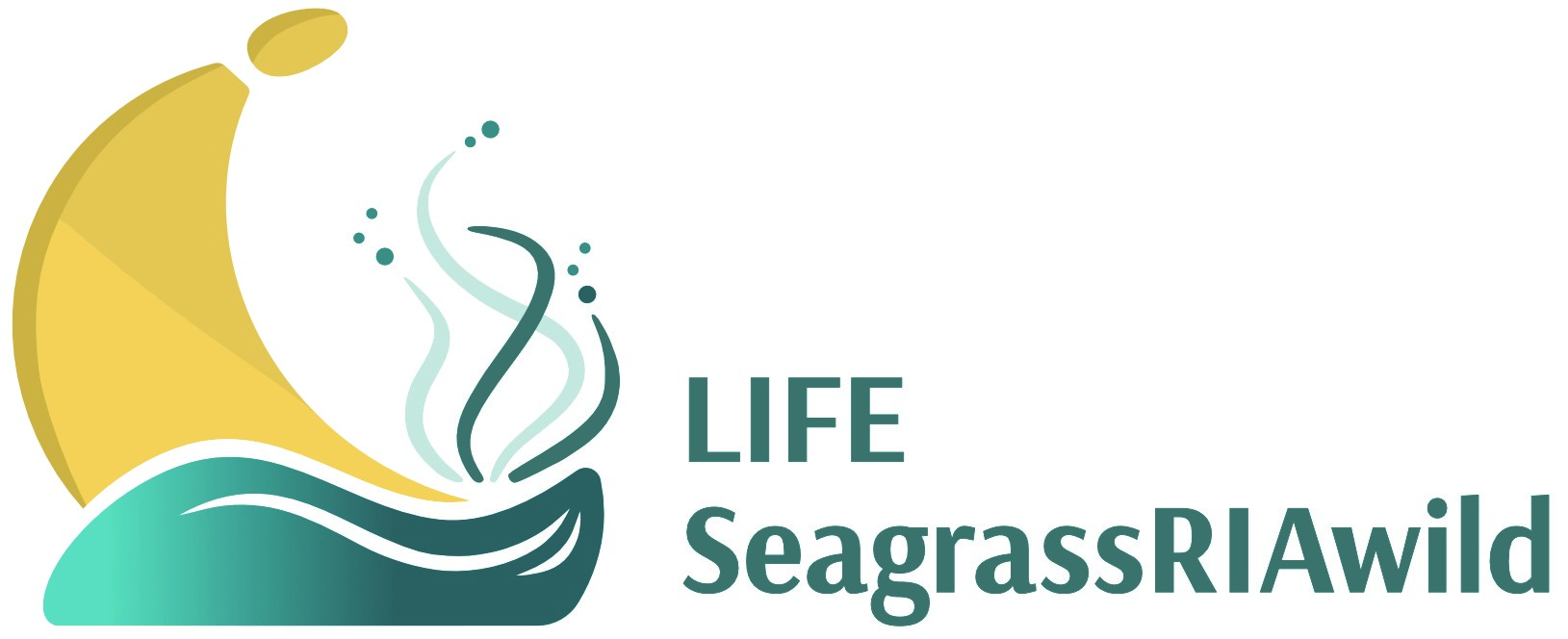
LIFE SeaGrassRIAwild aims at taking decisive steps to reverse the current conservation status of Zostera marina habitat in Ria de Aveiro and Portugal through the co-development of cost-efficient and policy relevant NbS (Nature-based Solutions). Subtidal seagrass beds are critically endangered at the European Atlantic Coast, and in urgent need of restoration, as stated in the forthcoming EU Nature Restoration Law. Z. marina is presently the most endangered seagrass species in Portugal, facing extinction if measures are not taken to assure the protection of the last remaining populations. In Ria, its presence was not recorded for 10 years, but recently resurged in small intertidal patches, making this the momentum for active restoration measures implementation. LIFE SeagrassRIAwild proposes a paradigm shift in seagrass restoration, enabling large-scale restoration programs with negligible effects on existing natural meadows, through the development of seagrass mariculture to support the plant and seed needs for rewilding. It follows a transdisciplinary approach involving academia, authorities, management agencies, local administration, end-user associations and citizens in the co-design, prioritization and implementation of restoration actions, at a large scale and using targeted and adaptable Citizen Science initiatives and synergies with other national and EU initiatives. LIFE SeagrassRIAwild will further explore innovative NbS to potentiate synergistic effects of seagrass conservation efforts and system management needs which, if proven effective, have the potential to become an innovative management service/product for port authorities, private marinas and management agencies. These NbS will potentiate the sustainability of the project, supported by tailor-made capacity building actions and the infrastructure legacy, which will perdure in time and be made available for national restoration programmes, with the supervision of the national competent authorities.
